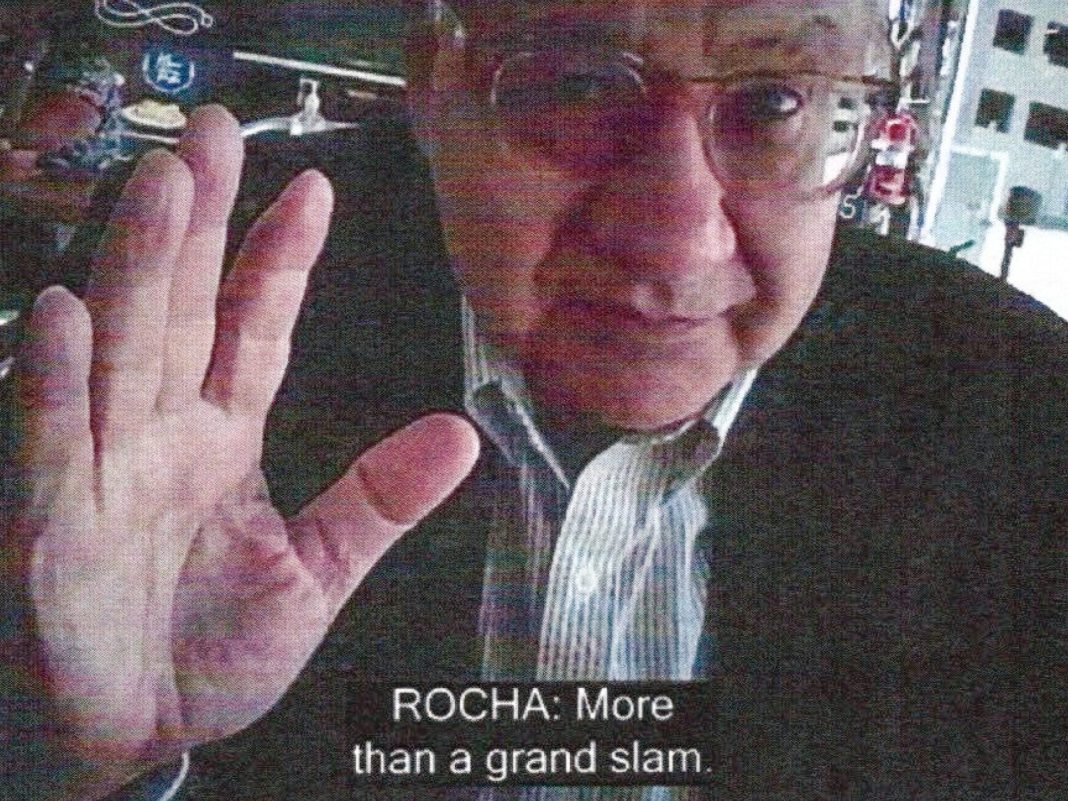Victor Manuel Rocha conducted one of the longest-lasting infiltrations of the US government, the Justice Department said.
Victor Manuel Rocha, a former United States diplomat, has been sentenced to 15 years in prison after admitting to acting as an agent of Cuba, in what the US Department of Justice has called one of the highest-reaching and longest-lasting infiltrations of the US government.
According to US prosecutors, Rocha secretly supported Cuba’s governing Communist Party and aided the country’s intelligence gathering against Washington for more than four decades, including during a 20-year career in the US Department of State.
“Today’s plea brings an end to more than four decades of betrayal and deceit by Mr Rocha,” David Newman, a senior national security official at the US Justice Department said at a news conference in Miami on Friday.
“For most of his life, Mr Rocha lived a lie.”
Rocha, 73, was arrested in December 2023 at his Miami home on allegations that he had engaged in “clandestine activity” for Cuba since at least 1981 when he started his career as a US diplomat.
He was accused of meeting Cuban intelligence operatives and falsifying information to US government officials about his contacts.
An undercover FBI agent posed as a representative of Cuba’s General Directorate of Intelligence and repeatedly met Rocha in 2022 and 2023. To this agent, Rocha admitted his decades of work for Cuba, according to a court document. The agent called himself “Miguel” and Rocha’s admission was recorded.
Rocha spoke in praise of late Cuban leader Fidel Castro, and bragged about his service for more than 40 years as a Cuban mole in the heart of US foreign policy circles, prosecutors said in court records.
“What we have done … it’s enormous … more than a Grand Slam,” he was quoted as saying.
US officials have said they may never know the full extent of Rocha’s cooperation with Havana.
US-Cuba relations
Washington and Havana have had strained relations for more than 60 years since Castro and his team of armed revolutionaries overthrew a US-backed dictatorship.
The US government tried to remove Castro after this in what was called the Bay of Pigs invasion, and through multiple assassination attempts over the following decades.
In 1962, Cuba also allowed the Soviet Union to secretly install nuclear missiles, which were detected by US surveillance. This Cuban Missile Crisis led to 13 days of tension, bringing the US and USSR to the brink of nuclear war.
While former US President Barack Obama took steps to ease tensions with Cuba, former US President Donald Trump reversed several of Obama’s steps, banning Americans from travelling to Cuba and placing business sanctions on the island.
Current US President Joe Biden has lifted some of the Trump-era sanctions on Cuba, but many remain in place, strangling the country’s economy.
Moreover, the United Nations General Assembly has – on more than 30 occasions – passed resolutions with near-unanimity, condemning the US embargo of Cuba. However, any meaningful action by the UN against the embargo requires the approval of the Security Council, where the US has a veto.







